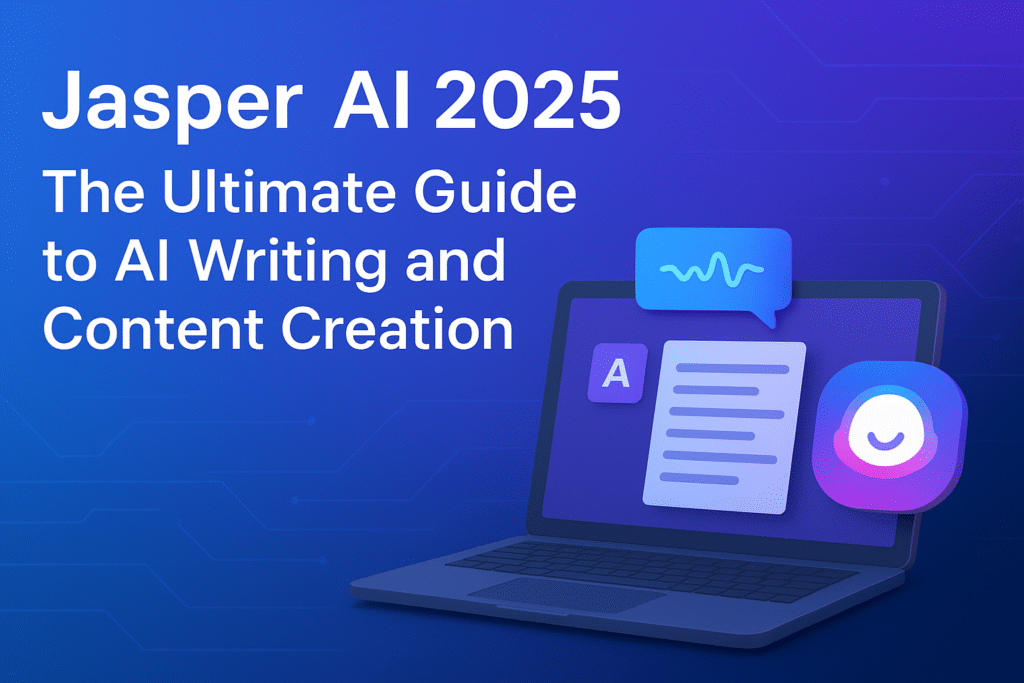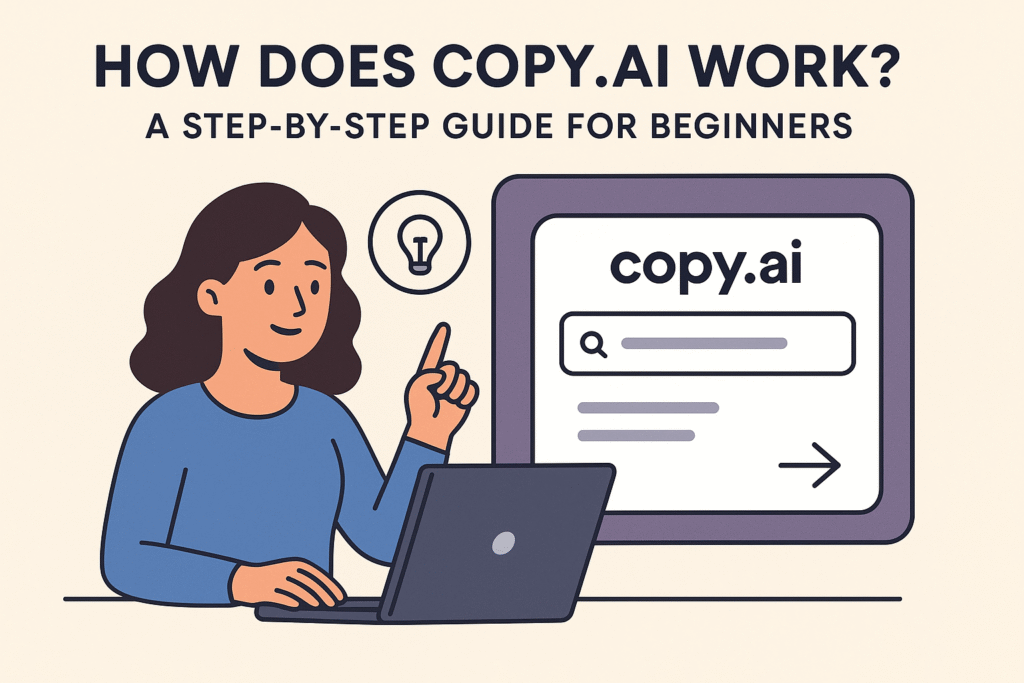The software world is changing fast, and a big reason is the growing practice of using AI for code generation and debugging. This technology is no longer a futuristic idea. Instead, it has become a practical tool that helps developers in their daily tasks. AI-powered solutions streamline two of the most demanding parts of programming: writing new code and finding errors. These tools, which are built on machine learning, are making development faster and improving code quality. Moreover, they are making the entire field more welcoming for newcomers, much like some surprising scientific discoveries that changed everything.
How Does AI Help with Code Generation?
AI for code generation uses smart systems to automatically create source code. Developers can give instructions using plain English, code snippets, or other inputs. At the core of these tools are large language models, or LLMs. These models have been trained on huge amounts of code from public sources. Consequently, they learn the rules, patterns, and logic of many programming languages.
The process is simple for the developer. For example, you can describe a function you need, and the AI tool writes the code for it. This can be as small as a single line or as large as a full application component. Additionally, these tools can translate code between different languages. They can also help update old, legacy codebases to modern standards. This shift in capability represents one of the major turning points in the history of software development.
A New Era: Using AI for Code Generation and Debugging to Fix Bugs
Debugging has always been a slow, careful process of finding and fixing mistakes. AI is making this much easier. It can automatically detect bugs, analyze problems, and even prevent errors before they happen. The practice of using AI for code generation and debugging means less time spent hunting for typos and logical flaws. AI-powered debuggers scan code to find issues and suggest fixes. In some cases, they can even correct the errors automatically.
These tools use machine learning to spot patterns that often lead to mistakes. By learning from millions of past bug fixes, they provide smart, context-aware suggestions. This not only makes debugging faster but also helps catch tricky bugs that a human might miss. Some advanced AI tools can even predict where bugs are likely to appear in your code, allowing you to fix them proactively.
The Major Benefits of AI in Your Workflow
Integrating AI into your development process offers many clear advantages. The core benefit of using AI for code generation and debugging is a huge jump in productivity and efficiency.
- Save Time and Work Faster: AI automates repetitive coding tasks. This allows developers to spend more time on creative problem-solving and complex design. Studies show that developers can complete tasks up to 55% faster with AI assistants. This frees up valuable time for innovation.
- Improve Code Quality: AI tools help you write better code. They can suggest best practices, find potential bugs early, and maintain a consistent style. Furthermore, they can spot common errors and recommend better ways to write functions, leading to more reliable software.
- Learn and Grow Your Skills: For new developers, AI tools are fantastic learning aids. They give real-time feedback, explain code, and show correct examples. This lowers the barrier to entry and helps programmers build their skills more quickly.
- Innovate and Prototype Quickly: The ability to generate code instantly allows for rapid prototyping. You can build and test new ideas much faster without getting stuck on manual coding. This speed fosters a more agile and creative environment.
Top AI Tools for Code Generation and Debugging
The market for AI coding assistants is growing quickly. Many developers find that using AI for code generation and debugging is made simple with these powerful platforms. Here is a look at some of the leading tools available today.
| Tool | Key Features for Code Generation | Key Features for Debugging | Target Audience |
|---|---|---|---|
| GitHub Copilot | Context-aware code completion, natural language to code generation, support for numerous languages. | Real-time bug detection, explanation of errors, and suggested fixes. | Individual developers and teams of all sizes. |
| Tabnine | Personalized code completion based on project context, supports a wide range of languages and IDEs. | Assists in identifying and fixing errors, with a focus on learning a project’s specific coding style. | Enterprise teams with a focus on privacy and personalization. |
| Amazon CodeWhisperer | Real-time code suggestions, built-in security scans to identify and suggest remediations for vulnerabilities. | Strong integration with AWS services for debugging cloud applications. | Developers working within the AWS ecosystem. |
| Google’s Gemini | Generates code in over 20 programming languages, aids in code completion, and provides code explanations. | Assists in debugging by explaining code and identifying potential issues. | Enterprise developers looking for advanced AI capabilities. |
Navigating the Risks of Using AI for Code Generation and Debugging
While the benefits are clear, it is also important to be aware of the potential downsides. To be successful, you must be mindful of the challenges that come with using AI for code generation and debugging.
Code Quality and Context
AI can write working code, but it may not always be the best solution. The generated code might not fit perfectly with your project’s style or structure. Therefore, developers must always review and understand the code that AI produces to ensure it meets quality standards.
Security Concerns
AI models learn from public code, which can sometimes contain security flaws. There is a risk that AI-generated code could introduce these same vulnerabilities into your project. As a result, careful security reviews remain essential for any code, whether written by a human or an AI.
Over-Reliance and Skill Loss
Another concern is that developers might rely too heavily on AI. For those new to the field, this could slow down the development of their core problem-solving and coding skills. It is crucial to use AI as a tool to assist, not replace, fundamental knowledge.
The Future of Development with AI
In conclusion, AI is not just a temporary trend in software development; it is a fundamental change. As AI models improve, they will become even more helpful. We can expect them to suggest major architectural improvements, refactor code intelligently, and fix bugs on their own. The future points to a collaborative partnership between developers and AI. AI will handle routine tasks, which will free up humans to solve bigger, more creative challenges. Ultimately, the future of software development will be a powerful combination, where the smart application of using AI for code generation and debugging empowers human ingenuity.

